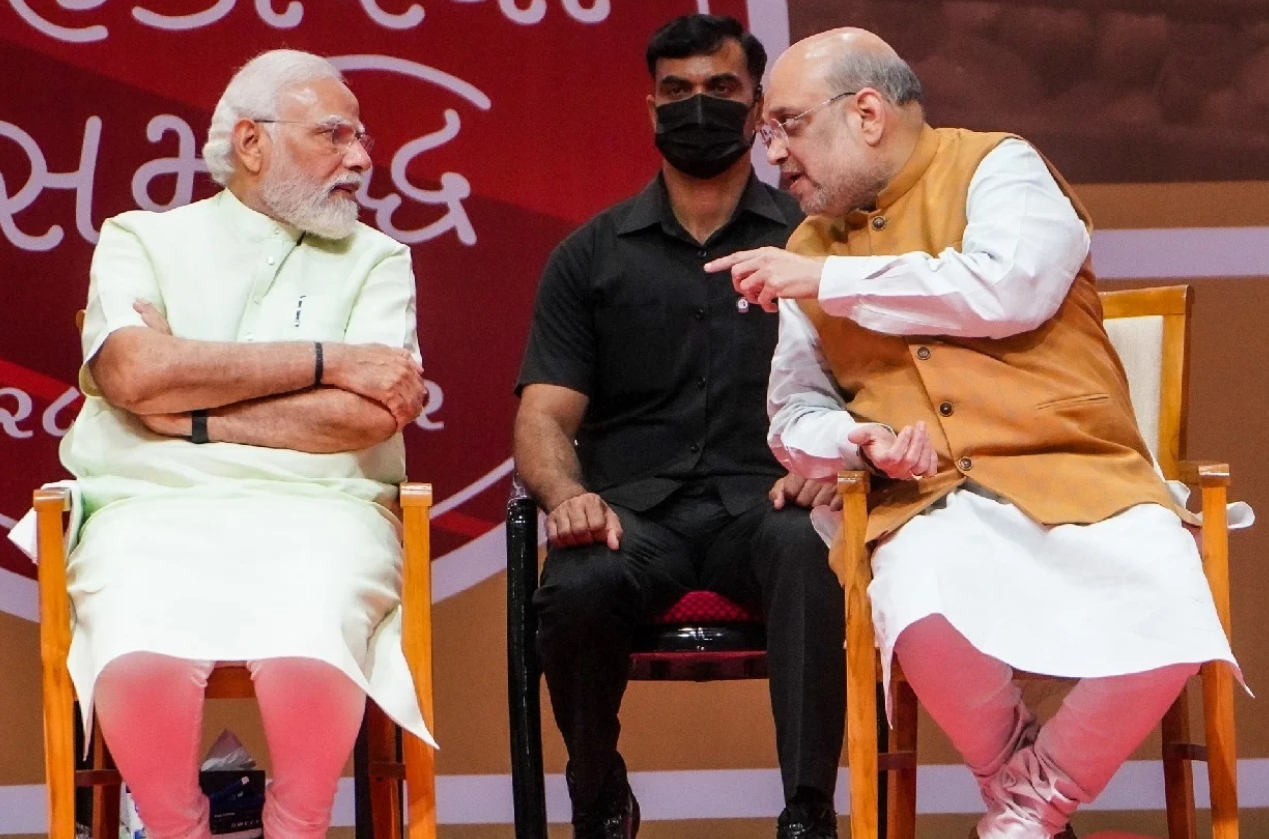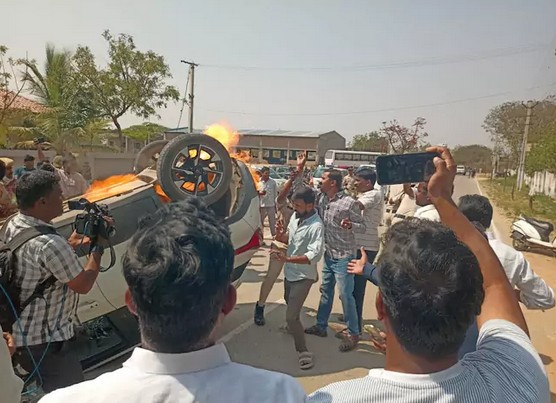The Central government led by Prime Minister Narendra Modi notified the Citizenship Amendment Act (CAA) on Monday, five years after it was passed in Parliament. Union Home Minister Amit Shah has said that the implementation of CAA would enable minorities persecuted on religious grounds in Pakistan, Bangladesh and Afghanistan to get citizenship in India.
Definitely, it is a big relief given by PM Modi-led government to the refugees who have been in the state of uncertainty ever since they migrated to India from the aforesaid nations due to religious persecution.
The CAA is going to achieve the objectives that were set by the government when it had got the bill passed in Parliament on December 11, 2019.
In fact, The Citizenship Act, 1955 (57 of 1955) was enacted to provide for the acquisition and determination of Indian citizenship.
Historically speaking, trans-border migration of population has been happening continuously between the territories of India and the areas comprising Pakistan, Afghanistan and Bangladesh.
Millions of citizens of undivided India belonging to various faiths were staying in the said areas of Pakistan and Bangladesh when India was partitioned in 1947.
What is worth noting is that the constitutions of Pakistan, Afghanistan and Bangladesh provide for a specific state religion.
As a result, many persons belonging to Hindu, Sikh, Buddhist, Jain, Parsi and Christian communities faced persecution on grounds of religion in those countries.
The situation was so worse that some of them also had fears about such persecution in their day-to-day life where the right to practice, profess and propagate their religion has been obstructed and restricted.
As a result, several such persons fled to India to seek shelter.
The problem was that they continued to stay in India even if their travel documents expired or they had incomplete or no documents.
Under the provisions of the previous act in which amendment was done by the government in Parliament, the migrants from Hindu, Sikh, Buddhist, Jain, Parsi or Christian communities from Afghanistan, Pakistan or Bangladesh who entered into India without valid travel documents or if the validity of their documents has expired are regarded as illegal migrants and ineligible to apply for Indian citizenship under section 5 or section 6 of the Act. 4.
Considering their problems, the Central government exempted the said migrants from the adverse penal consequences of the Passport (Entry into India) Act, 1920 and the Foreigners Act, 1946 and rules or orders made thereunder vide notifications, dated 07.09.2015 and dated 18.07.2016.
Subsequently, the Central government also made them eligible for long term visa to stay in India vide orders dated 08.01.2016 and 14.09.2016.
But PM Modi-led government has now made the said migrants eligible for Indian citizenship.
The CAA says that the illegal migrants who have entered into India up to the cut off date of 31.12.2014 can acquire Indian citizenship.
PM Modi-led government will now begin granting Indian nationality to persecuted non-Muslim migrants — Christians, Parsis, Buddhists, Jains, Sikhs and Hindus — from the above said countries who arrived in India up until December 31, 2014.
The government or an authority specified by it, shall grant the certificate of registration or certificate of naturalisation subject to such conditions, restrictions and manner as prescribed.
Since many of them have entered into India long back, they may be given the citizenship of India from the date of their entry in India if they fulfil conditions for Indian citizenship specified in section 5 or the qualifications for the naturalisation under the provisions of the Third Schedule to the Act. 6.
Remarkably, the CAA further grants immunity to the migrants of the aforesaid Hindu, Sikh, Buddhist, Jain, Parsi and Christian communities so that any proceedings against them regarding their status of migration or citizenship do not bar them from applying for Indian citizenship.
This is being seen as a big relief for the citizenship-seekers.
The competent authority shall not take into account any proceedings initiated against such persons regarding their status as illegal migrants or their citizenship matter while considering their application under section 5 or section 6 of the Act, if they fulfil all the conditions for grant of citizenship.
Many persons of Indian origin including persons belonging to the said minority communities from the aforesaid countries were applying for citizenship under section 5 of the Citizenship Act, 1955 but they were unable to produce proof of their Indian origin.
Hence, they used to be forced to apply for citizenship by naturalisation under section 6 of the said Act, which, inter alia, prescribed twelve years residency as a qualification for naturalisation in terms of the Third Schedule to the Act. This denied them many opportunities and advantages that could have accrued only to the citizens of India, even though they were likely to stay in India permanently.
Therefore, the government got the Third Schedule to the Act amended in Parliament to make applicants belonging to the said communities from the aforesaid countries eligible for citizenship by naturalisation if they could establish their residency in India for five years instead of eleven years that was the condition earlier.
The CAA will also protect the constitutional guarantee given to indigenous population of northeastern states covered under the Sixth Schedule to the Constitution and the statutory protection given to areas covered under “The Inner Line” system of the Bengal Eastern Frontier Regulation, 1873.










